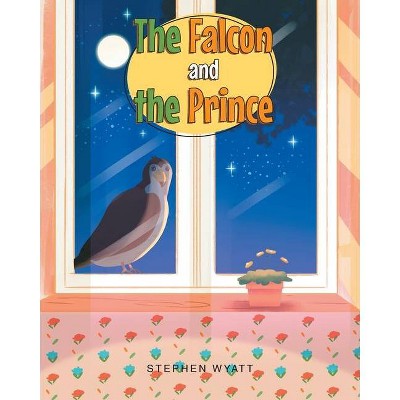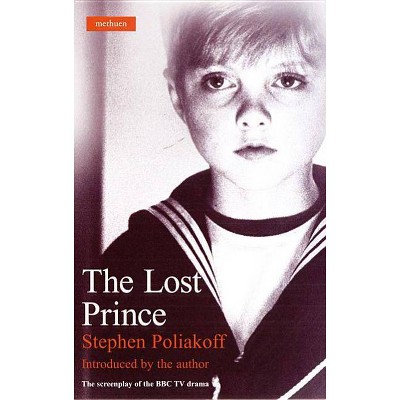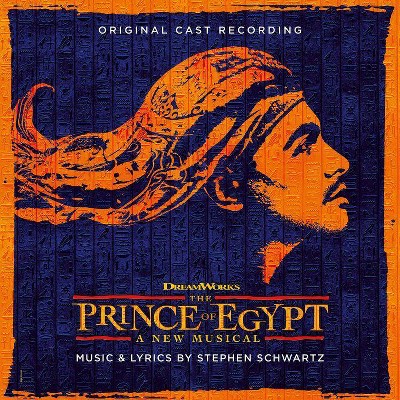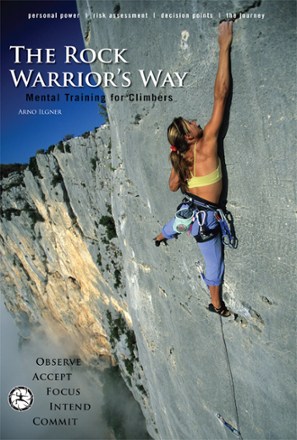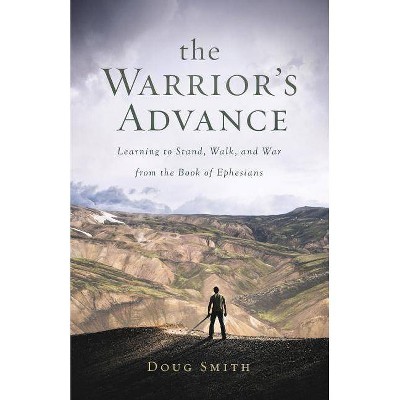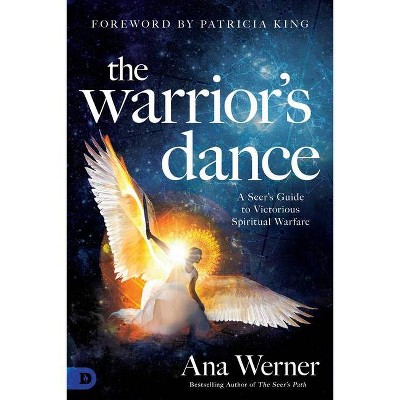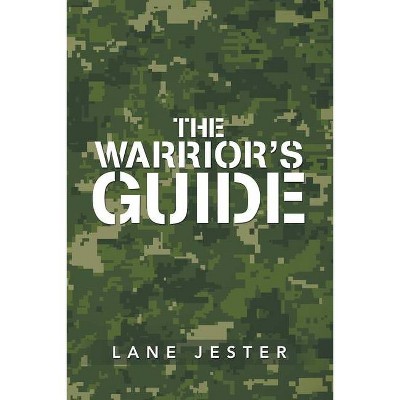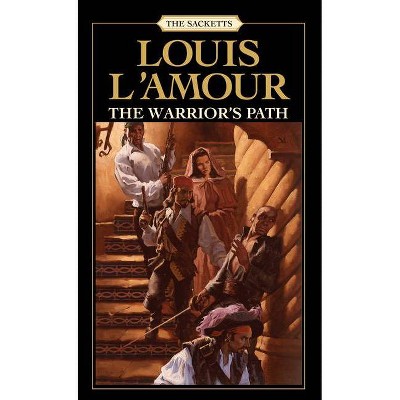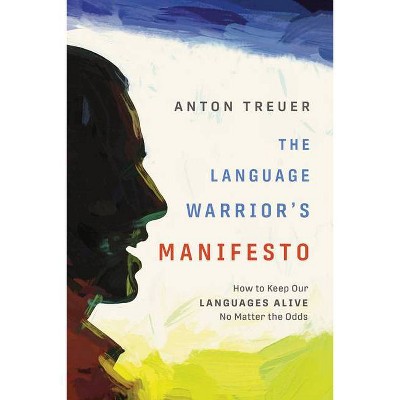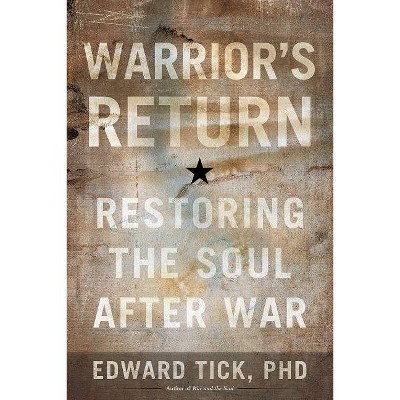The Warrior's Camera - by Stephen Prince (Paperback)
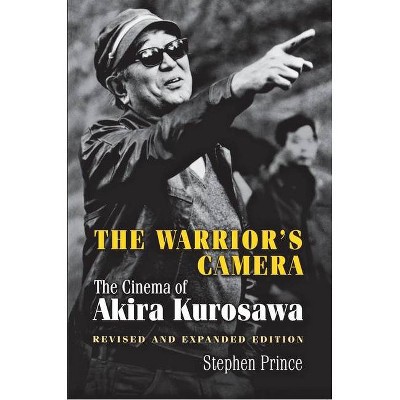
Similar Products
Products of same category from the store
AllProduct info
<p/><br></br><p><b> Book Synopsis </b></p></br></br><p>The Japanese film director Akira Kurosawa, who died at the age of 88, has been internationally acclaimed as a giant of world cinema. <i>Rashomon</i>, which won both the Venice Film Festival's grand prize and an Academy Award for best foreign-language film, helped ignite Western interest in the Japanese cinema. <i>Seven Samurai</i> and <i>Yojimbo</i> remain enormously popular both in Japan and abroad. In this newly revised and expanded edition of his study of Kurosawa's films, Stephen Prince provides two new chapters that examine Kurosawa's remaining films, placing him in the context of cinema history. Prince also discusses how Kurosawa furnished a template for some well-known Hollywood directors, including Martin Scorsese, Steven Spielberg, and George Lucas. <p/> Providing a new and comprehensive look at this master filmmaker, <i>The Warrior's Camera</i> probes the complex visual structure of Kurosawa's work. The book shows how Kurosawa attempted to symbolize on film a course of national development for post-war Japan, and it traces the ways that he tied his social visions to a dynamic system of visual and narrative forms. The author analyzes Kurosawa's entire career and places the films in context by drawing on the director's autobiography--a fascinating work that presents Kurosawa as a Kurosawa character and the story of his life as the kind of spiritual odyssey witnessed so often in his films. After examining the development of Kurosawa's visual style in his early work, <i>The Warrior's Camera </i>explains how he used this style in subsequent films to forge a politically committed model of filmmaking. It then demonstrates how the collapse of Kurosawa's efforts to participate as a filmmaker in the tasks of social reconstruction led to the very different cinematic style evident in his most recent films, works of pessimism that view the world as resistant to change.</p><p/><br></br><p><b> From the Back Cover </b></p></br></br>The Japanese film director Akira Kurosawa, who died at the age of eighty-eight, has been internationally acclaimed as a giant of world cinema. Rashomon, which won both the Venice Film Festival's grand prize and an Academy Award for best foreign-language film, helped ignite Western interest in the Japanese cinema. Seven Samurai and Yojimbo remain enormously popular both in Japan and abroad. In this newly revised and expanded edition of his study of Kurosawa's films, Stephen Prince provides two new chapters in which he examines Kurosawa's remaining work, placing him in the context of cinema history. Prince also discusses how Kurosawa furnished a template for some well-known Hollywood directors, including Martin Scorsese, Steven Speilberg, and George Lucas.<P>The Warrior's Camera examines the four creative stages of Kurosawa's work. After exploring the development of Kurosawa's visual style in his early films, the book shows how he used this style in subsequent films to forge a politically committed model of filmmaking. It then demonstrates how the collapse of Kurosawa's efforts to participate as a filmmaker in the tasks of social reconstruction produced a revision of his style in the pessimistic films of 1970-1985. Finally, it examines the psychobiographical mode of Kurosawa's last films, produced when the director was in his eighties and preoccupied by issues of aging and his artistic legacy.<p/><br></br><p><b> Review Quotes </b></p></br></br><br>One of Choice's Outstanding Academic Titles for 1991<br><br><i>The Warrior's Camera</i> is not only a thoughtful, stimulating and rigorous study but also a major addition to both Kurosawa and Japanese film scholarship. Its examination of the intersection of self, culture, and history is meticulously done; its extended close analysis of individual films, especially <i>Ikiru</i>, <i>Yojimbo</i>, <i>High</i> <i>and Low</i>, and <i>Red Beard</i>, is superbly confident.-- "Film Quarterly"<br><br>[Prince's] close analysis of the films generates many superb insights. This work is accessible, nicely illustrated and an essential text about a great subject.-- "Choice"<br><br>The subtle nuances that enrich Akira Kurosawa's intense cinemagraphic imagery distinguish Stephen Prince's insightful study, <i>The Warrior's Camera</i>.-- "American Cinematographer"<br><p/><br></br><p><b> About the Author </b></p></br></br><b>Stephen Prince</b> is Associate Professor of Communication Studies at Virginia Tech. His recent books include <i>Savage Cinema: Sam Peckinpah and the Rise of Ultraviolent Movies</i>.
Price History
Cheapest price in the interval: 47.99 on October 22, 2021
Most expensive price in the interval: 47.99 on November 8, 2021
Price Archive shows prices from various stores, lets you see history and find the cheapest. There is no actual sale on the website. For all support, inquiry and suggestion messagescommunication@pricearchive.us
